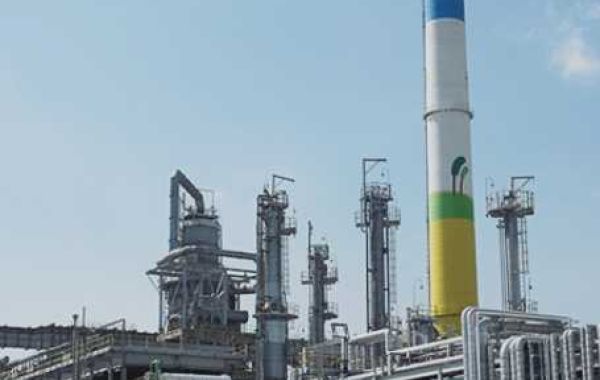Key Technological Advancements
Advanced Process Control Systems: Modern refineries are equipped with sophisticated process control systems that use real-time data to optimize operations. These systems can automatically adjust process variables, such as temperature and pressure, to maximize yield and minimize energy consumption.
Automation and Robotics: Automation and robotics have become increasingly prevalent in refineries, reducing the need for human intervention in hazardous tasks. This not only improves safety but also enhances efficiency and consistency.
Nanotechnology: Nanotechnology is being explored to develop new catalysts and materials that can improve the efficiency of refining processes. For example, nanotechnology-based catalysts can enhance the conversion of heavy crude oil into lighter products.
Digital Twins: Digital twins are virtual replicas of refineries that can be used to simulate various scenarios and optimize operations. By testing different configurations and parameters in a virtual environment, refineries can identify potential improvements and avoid costly mistakes.
Renewable Energy Integration: As the world shifts towards renewable energy sources, refineries are exploring ways to integrate renewable energy into their operations. This can include using solar or wind power to generate electricity or using biofuels as a feedstock.
Benefits of Technological Modernization
Increased Efficiency: Advanced technologies can significantly improve the efficiency of refining processes, leading to higher yields and lower operating costs.
Reduced Environmental Impact: Modern refineries can incorporate technologies that reduce emissions and minimize their environmental footprint.
Improved Product Quality: Technological advancements can enhance the quality of refined products, meeting the demands of modern consumers and industries.
Enhanced Safety: Automation and robotics can help reduce the risk of accidents and injuries, creating a safer working environment for refinery employees.
Enhanced Competitiveness: By adopting the latest technologies, refineries can stay competitive in a rapidly evolving industry and meet the challenges of the future.
Challenges and Opportunities
While technological modernization offers numerous benefits, it also presents challenges. The initial investment in new technologies can be significant, and there may be a learning curve associated with implementing and maintaining these systems. However, the long-term benefits often outweigh the initial costs.
As the refining industry continues to evolve, the role of technology will only become more critical. By embracing innovation and investing in cutting-edge technologies, refineries can position themselves for success in the years to come.






